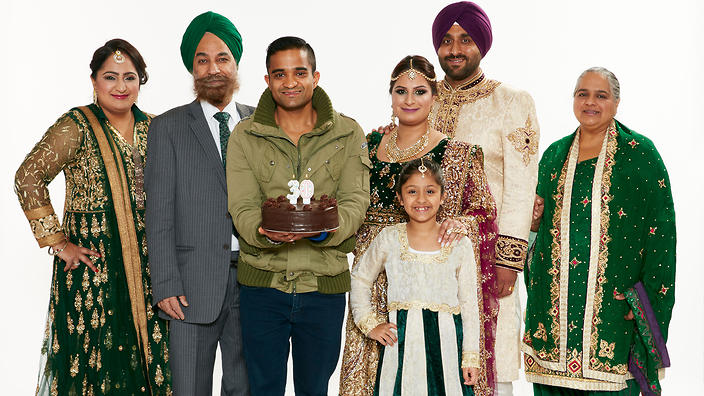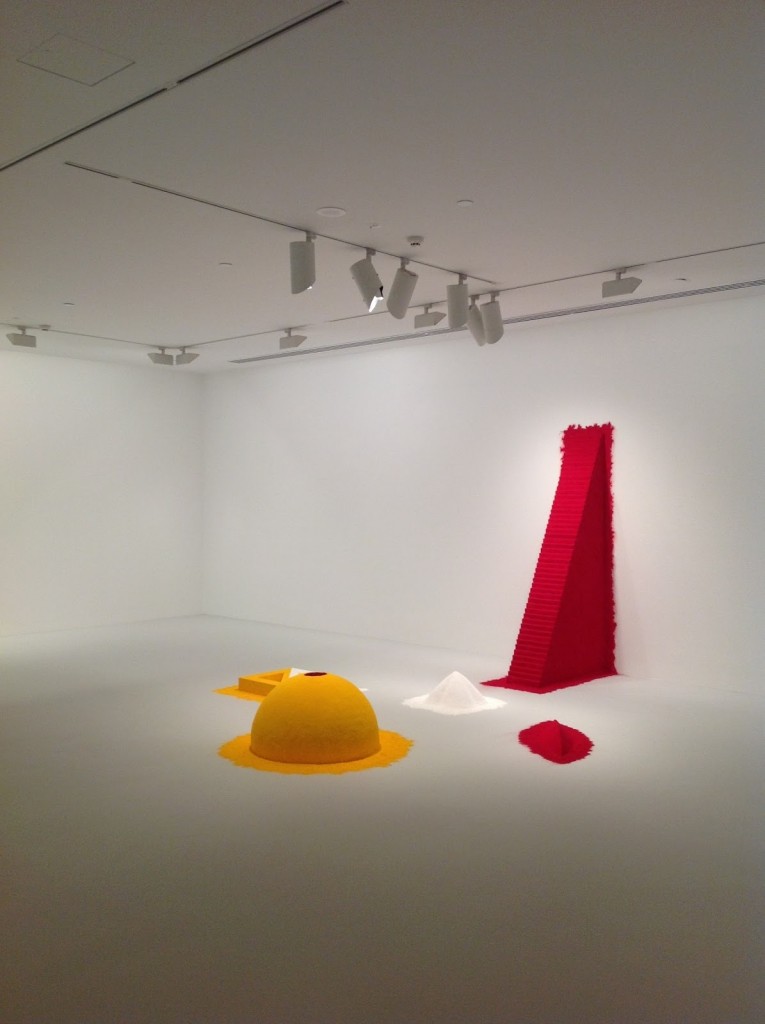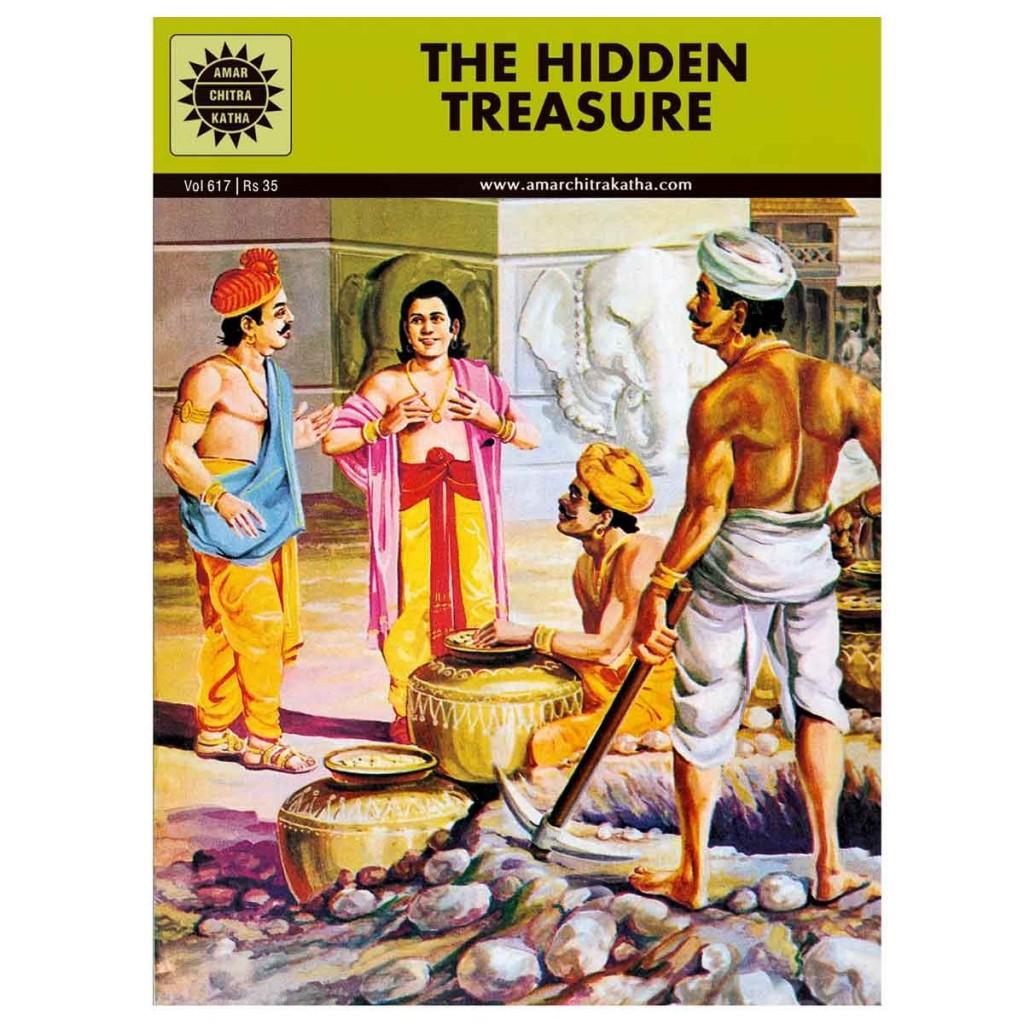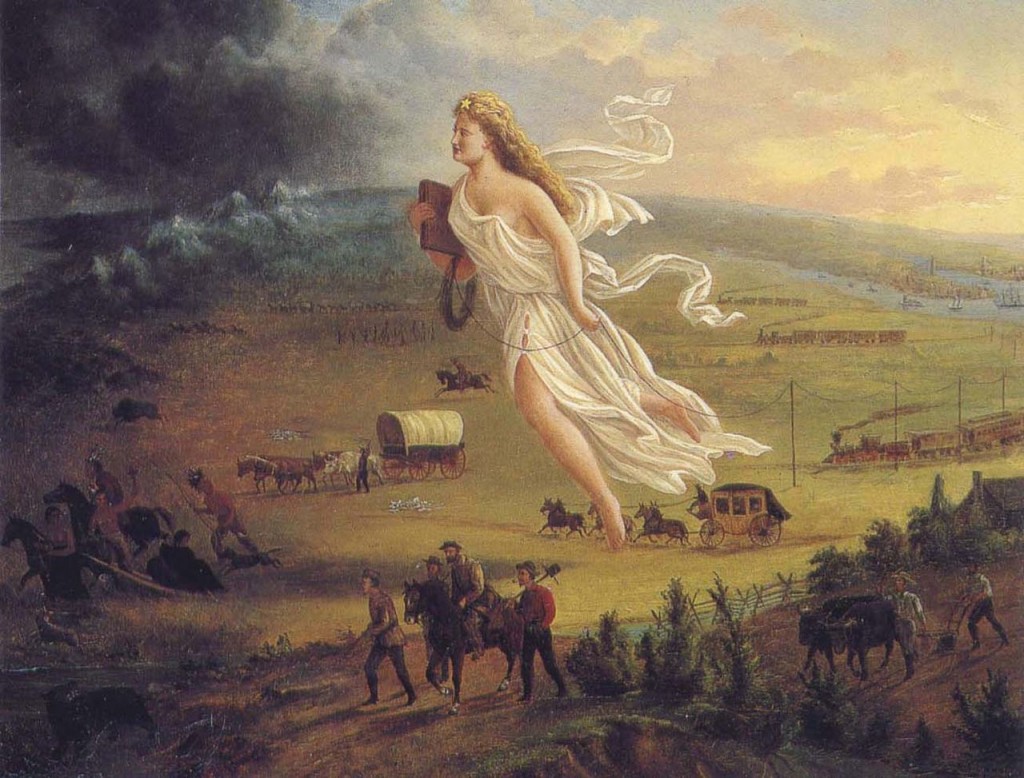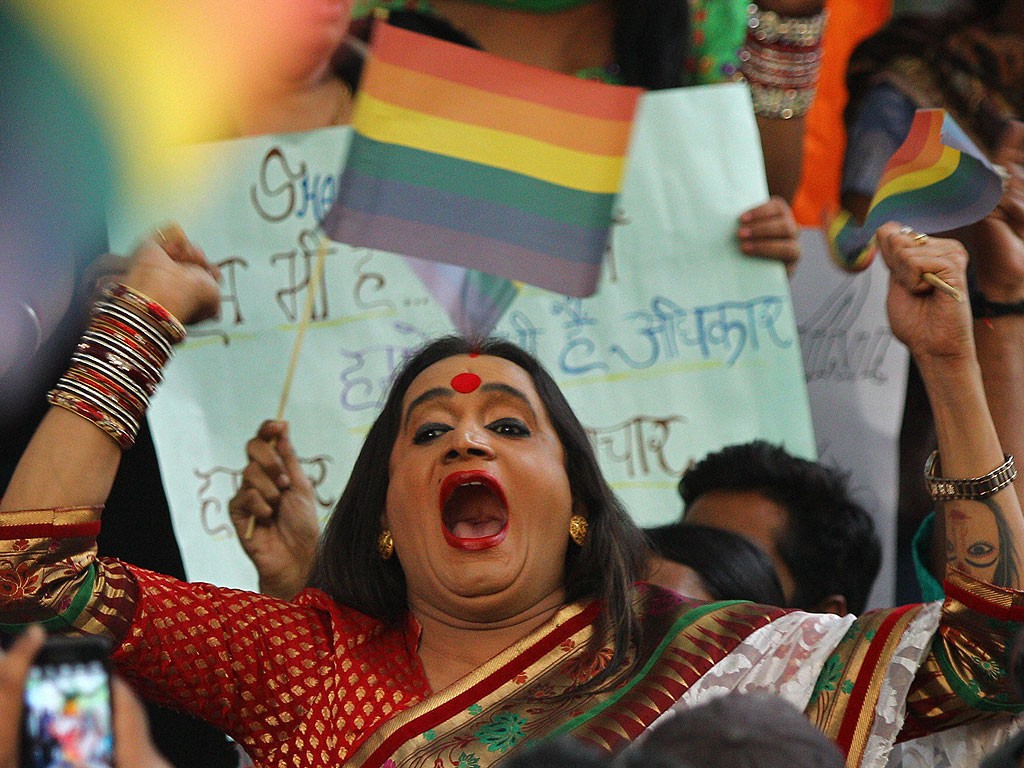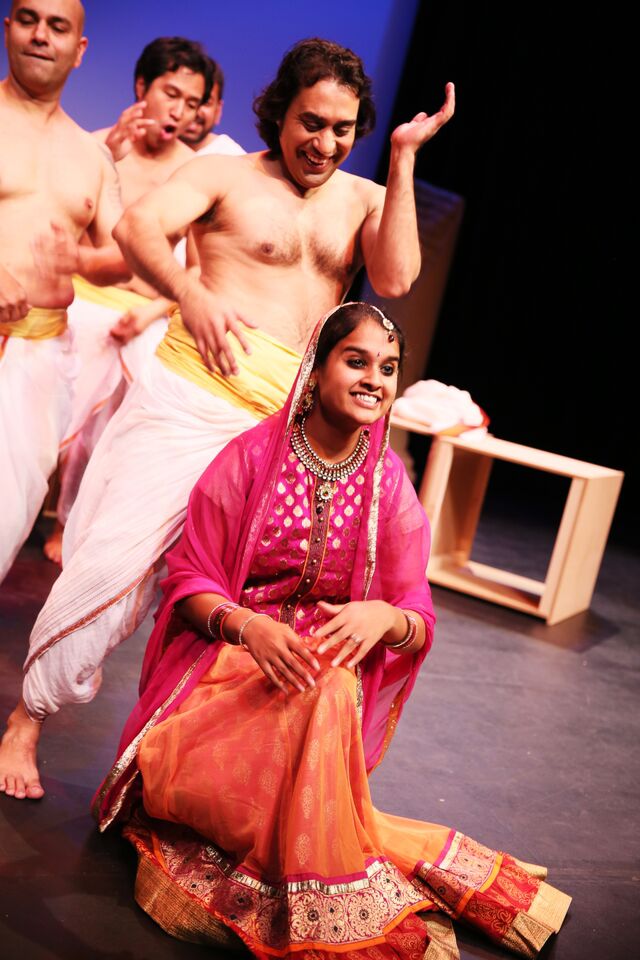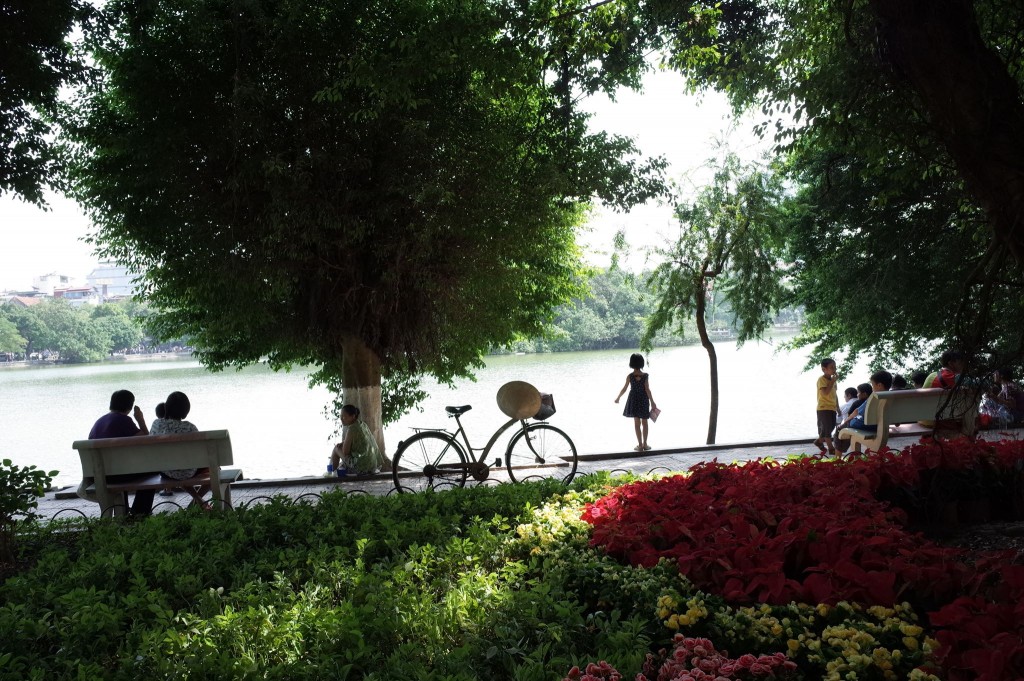Interview with Sukhmani Khorana
As women of colour, we are often told that we are doubly oppressed. However, my joy at seeing Pakistani-born engineering academic Mehreen Faruqi become an elected member of the New South Wales Legislative Council in 2013 was disproportionate to this two-headed oppression. It was, in fact, a quadrupled kind of elation. Not only is Faruqi a woman from a racialised community, but she also happens to be a first generation migrant, and from a Muslim background. And so, I nod furiously both when she talks about needing years to settle in before we consider the political landscape in our adopted home, and also when she mentions the heartening conversations now taking place between Indigenous and migrant communities. This, however, is not the average subcontinental nod, but an embodied gesture towards taking our agreements to quarters where they may be met with reticence.
I may never be persuaded to go door-knocking, but I do emerge from her office in the NSW Parliament, on the eve of Invasion Day, feeling freshly enthused about caring, and about politics.
Political Participation and the South Asian Diaspora
SK: Are South Asians in the Australian diaspora now more active in politics?
MF: There is very little gender diversity in Parliament, let alone South Asians. I now sit in the Upper House of NSW Parliament which has the least percentage of women of any house in Australia. It is only about 21 per cent [of women]. It is probably unfair to criticize South Asians for that because it is a place that is dominated by middle-aged white men.
When I am amongst the South Asian community in Australia, I often talk to people I know about getting more interested in politics in Australia. Often the conversation when we sit around turns to politics back in Pakistan, and people know every last detail of what is happening in Pakistan or India, but not a lot about politics in Australia. I don’t want to generalize, but I do encourage people to get involved because this is where we live, and where our next generation is going to grow up.
Settling in, and the next generation
MF: Talking about the next generation, I think what lies ahead is really positive. I know that at the University of New South Wales, there were four consecutive years where the presidents of the Student Representative Council (SRC) were from the South Asian diapora (so children of migrants). So that is really changing. Also, you see people from South Asian backgrounds being very active in grassroots processes. You may know Subeta Vimalarajah from the University of Sydney who started the campaign to remove GST from sanitary products.
Also, to be fair, when I came here, politics or joining politics was the last thing on my mind. The first thing is to settle in.
SK: The first generation has more practical concerns.
MF: Absolutely, and it does take a while. It took my husband and I probably ten years before we started thinking of really getting engaged in the community. So now it’s important that we pass on this message to the next generation that it is really important to have a say in decision-making. It is not just through becoming an MP, but through actually becoming active in politics. You don’t have to do that by joining Parliament; there are so many other ways to become active (such as community groups).
Women of Colour Rise Up
MF: In terms of the participation of women, it is important to have affirmative action, which the Greens and the Labor Party do have, to remove barriers. Given the wider sexism and inequalities in society, it is the women of colour who suffer even more. We know about the reduced life span of Indigenous women. When we talk about women as a group, again we are generalizing and missing the dissimilarities in terms of the levels of discrimination faced by say, women of colour, transgender women, or refugee women.
SK: When the recent Women’s March happened across the world, do you think that glossed over the differences?
MF: I went with my daughter to the Sydney march, and was pretty inspired and energized by it. You could see huge diversity of people (women and others) in that march. But, I think our challenge now is to harness that energy and excitement, and actually do something with it. Our challenge is to come together and unite. It does matter that we recognize the issues that a white woman faces are quite different to the issues that an Indigenous woman or a woman of colour faces. We have to acknowledge that, but that acknowledgement doesn’t mean we are divided.
SK: What is the best way then for white or Anglo women to express solidarity with Indigenous women, women or colour, and LGBTIQ communities?
MF: What is most important is to hear and listen to those women. I think it is the voices of those women that need to be heard from the horse’s mouth, as they say. To give you an example, when I came to Parliament, I decided to host a Women’s Day breakfast in parliament every year. Because we had feedback over time, we decided to make it only for women and those who identify as women. We did face a bit of criticism for that. For the speakers on that day, it was really important that they include women of colour. That has now become very popular, and is only one example of how we can do things.
SK: Are role models still important?
MF: It does make a difference because people see it. In the long term, it will only make a difference of those women actually work hard for the rights of others. It is great that we have a female Premier now, but what are the actually going to do for the rest of the women.
Muslims, Anti-racism and Door-knocking
SK: What do you make of the controversy over the billboard featuring two young Muslim girls wearing Australian-flag imprinted hijabs?
MF: I felt very strongly about the billboard being taken down in the first place because of the threats from very conservative right-wing groups. But, the other issue of raising money and putting that billboard back is one that I have divided views on. I am definitely in the ‘change the date’ camp as I feel that it is ludicrous to celebrate Australia Day when we shattered Indigenous people on the day.
There are so many things to celebrate about Australia, and we should do it on a day where everyone can enjoy it.
I have another issue with the symbolism with regards to Muslims. We are just like any other group, so why do we have to be perfect, and why do we have to be used as a symbol for certain things? On the other hand, when some incident happens which has negative connotations, the media is very quick to pinpoint if the person associated was a Muslim. We are diverse, like any other community in Australia.
It is a complex issue, and people often ask me what they should do to help eliminate racism and Islamophobia. It is not an easy question to answer as there is no one thing that you can do. I know that there in a Greens Councillor in Brisbane who is door-knocking his constituents, and actually talking about racism. I’ve always believed that grassroots conversations are the best way to change opinions.
SK: And whose responsibility is it to initiate or have those conversations?
MF: I think society as a whole has to carry that burden. The so-called political leaders in Australia haven’t helped much. We’ve seen Liberal Party MPs, for instance, making racist comments, and others not being critical of it.
At the end of the day, change always comes from the people, and it always will. I started door-knocking five or six years ago when I got really involved with the Greens, and it is a scary thing to do. At the same time, it restored my confidence in humanity. I was so surprised that most people are just nice. Yes, I did have doors shut on me, and people say to me that ‘you are not even from here, why are you involved in Australian politics’, but these were few and far between.
My resolution for this year is to have the hard conversations. We often tend to move around with people who think like us, and in political parties, that is even more so. We’ve got to get out of our bubbles where we furiously agree with each other. How else will we broaden the movement for change?




